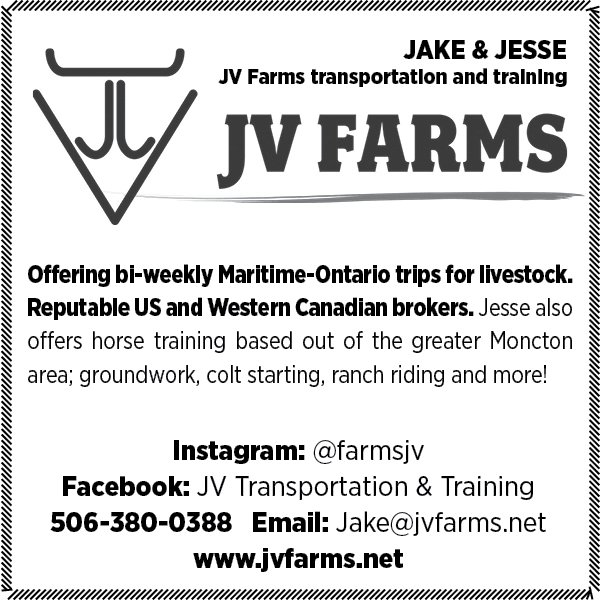RD December Leters 2016
/Advocating for agriculture
RD: I am a fairly new subscriber to Rural Delivery, and just wanted to write to tell you how much I enjoy it. I pass it on to the rest of my family when I am done with the current issue, and good conversation (sometimes heated debate!) always arises.
I am a small-scale homesteader (pigs, turkeys, chickens, rabbits, ducks, and horses) and 4-H general leader in the Barrington, N.S., area, and we struggle with agriculture here. I am originally from Shelburne (Welshtown), where my family has farmed for 200 years. As an advocate for agriculture in whatever shape or form it takes for you, I am grateful for the agriculture resource you provide.





















